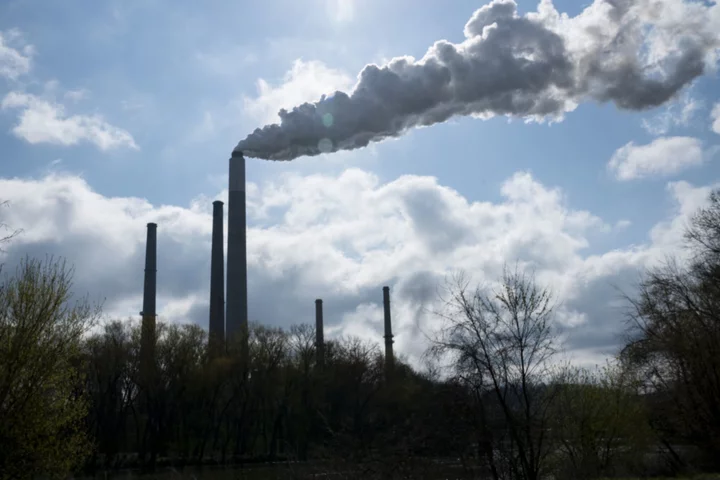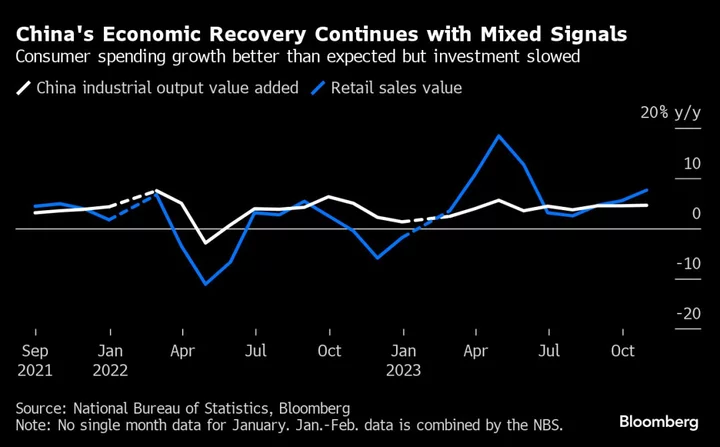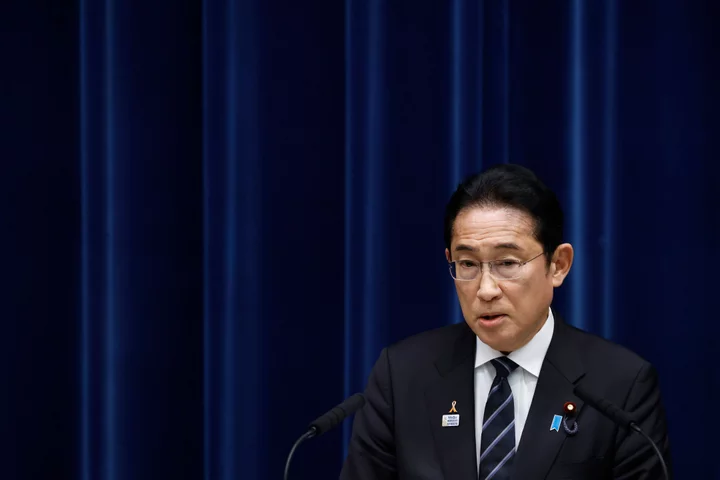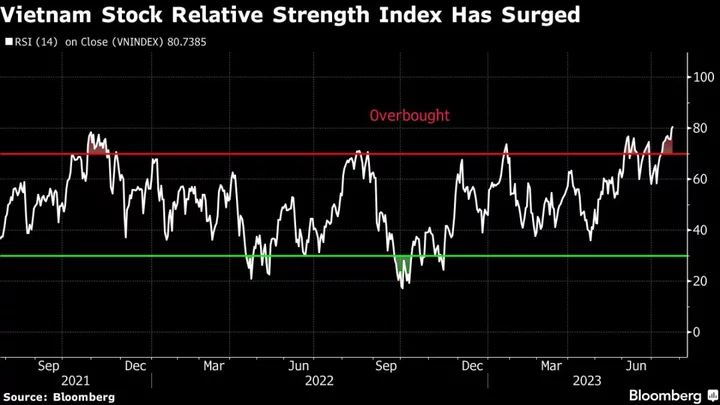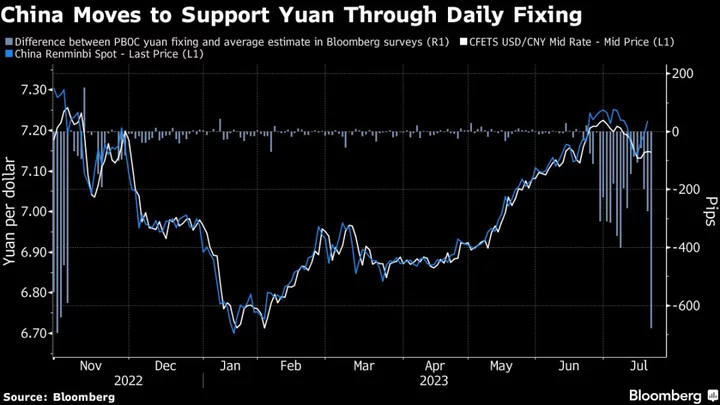China told a handful of nationwide lenders to cap interest rates on interbank funding, people familiar with the directive said, a move that dovetailed with a sizable cash injection intended to calm the market after last month’s unexpected liquidity crunch.
At least two national banks were told last week by regulators to offer rates on one-year negotiable certificates of deposit at no higher than 2.57%, the people said, asking not to be identified discussing private information. That compared with a 2.57% PrimeNCD rate on Thursday, an index measuring primary issuance rates on CDs of major commercial banks, according to National Interbank Funding Center’s website.
The move underscores the regulator’s latest efforts to calm financial markets by keeping funding costs stable and avoiding volatility risks. The central bank on Wednesday stepped up its support by offering 1.45 trillion yuan ($200 billion) of cash through its medium-term lending facility, the most since 2016.
Chinese banks have increased their sales of short-term debt and raised rates even as Beijing sought to calm traders after a recent liquidity squeeze. Lenders last week doubled their issuance of NCDs, a form of debt with maturities from one to 12 months, to more than 1 trillion yuan. That’s the largest weekly issuance on record, according to data compiled by Bloomberg.
Liquidity fears spiked at the end of October, when some smaller financial institutions had to borrow short-term cash at a rate of 50% to meet their funding needs. Though the central bank said the jump in rates was temporary, worries over scarce cash persist as the government crowds out the market with bond issuance through year-end to support the sluggish economy.
China also plans to provide at least 1 trillion yuan of low-cost financing to the nation’s urban village renovation and affordable housing programs, in its latest effort to shore up the property market, people familiar with the matter said on Tuesday. The PBOC would inject funds in phases through policy banks with the money ultimately trickling down to households for home purchases, they said.




